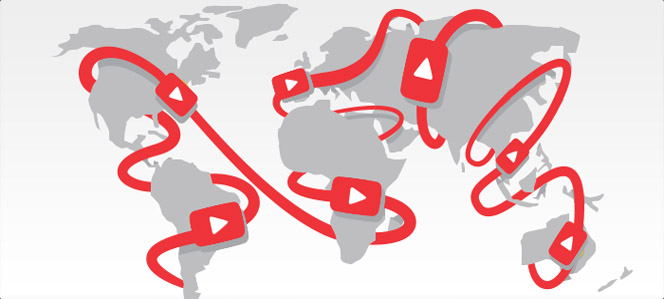Another basic problem has to do with the understanding of God. Many of my YouTube interlocutors assume that God is a fussy mythological figure such as Zeus or Posiedon, a character from an old wives’ tale or an outmoded fantasy. They seem to have no inkling that Catholic theology speaks of God in a sophisticated metaphysical manner as the sheer act of to-be itself, the unique reality that exists through the power of its own essence and that gives rise to all finite being. When they assert that “science” explains the whole or reality, I counter that the physical sciences can describe the characteristics and dynamics of finite things but that they cannot begin to address the properly metaphysical question of why there is something rather than nothing, why there should be a universe at all. God, I argue, is the only finally satisfying answer to that inquiry. Again, if these critics are any indication, naïve views of God are out there, and ours is not.
These issues, and many others that I could discuss, lead me to the conclusion that we desperately require a new Catholic apologetics, a passionate and intellectually informed defense of the faith. In the years that I was coming of age in the church (late 1960’s and 1970’s), there was a sort of bias against apologetics. It was seen as negative, suspicious, an intellectual strategy of the “Catholic ghetto.” Our intellectual leaders were so intensely interested in reaching out to the secular world that they “apologized” for the faith in the ordinary sense of that term. In fact, within the Catholic academy, a hand-wringing stance of skepticism and self-criticism became the norm. But in the meantime, as my YouTube experience shows, a very aggressive form of ideological secularism has arisen, and a hand-wringing Catholicism is no match for it.
What would this new apologetics look like? It would, first, be smart. One of the great virtues of Catholicism is that it has a rich and deep theological tradition. Taking Mary as its model, Catholicism “ponders” revelation and seeks to understand it, using all of the intellectual tools available. A new apologetics would utilize Augustine, Aquinas, Bonaventure, Newman, Chesterton, John of the Cross and many, many others in order to meet the intellectual objections to the faith that continue to arise. Second, it would be deeply cognizant of strains of hostility to the faith within the contemporary culture. It would understand, for instance, the roots of today’s objections to religion in Nietzsche, Feuerbach, Marx, Sartre, Freud and their disciples. It would seek to know the enemies of the faith better than they know themselves. Third, it would be willing to go public. One reason that a fundamentalist understanding of the Bible is so widespread, even among the enemies of religion, is that fundamentalists have effectively used the media. Our experts in scripture, doctrine, church history, moral theology, and ecclesiology need to become far more adept at addressing a wider cultural audience. And finally, it would be joyful. We must be warriors for Catholicism, but only happy warriors are finally successful in this sort of struggle.
